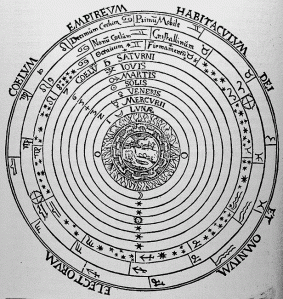
For many years I’ve attended – and sometimes spoken at – the Acton Institute’s annual four-day June meeting, “Acton University.” The 2022 meeting will happen June 20-23 both in-person in Grand Rapids and online. I’ll be giving a talk there titled “Christian foundations of science & technology innovation: A story in ten facts.” Here it is:
I’d like to start our reflection together with a question about finding Christian vocation in this tremendously important sector of modern work: science and technology.
Christians today are often told that we must bridge the so-called “sacred-secular divide” by finding divine purpose and mission in our daily work. And that sounds good in theory. It certainly has good support in both Scripture and tradition—from the Apostle Paul to Gregory the Great to Martin Luther and beyond. But where it often runs aground is in our actual experience.
Because, truthfully, our modern work contexts, and even the nature of the work we do in those contexts, seems to many of us—for many reasons—about as secular as can be.
So here’s the vocation question: How can we discover Christian vocation in fields of work that Luther could not have even imagined—let alone the Apostle Paul? In particular, how can modern people of faith experience work in the scientific laboratory or the high-tech firm as Christian mission?
Continue reading

 Medieval Wisdom for Modern Christians
Medieval Wisdom for Modern Christians






